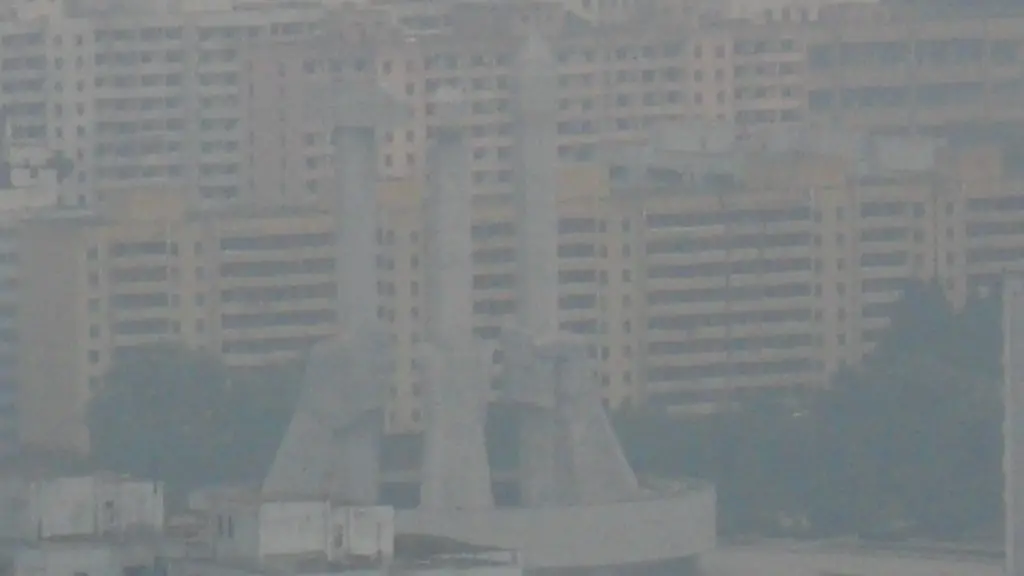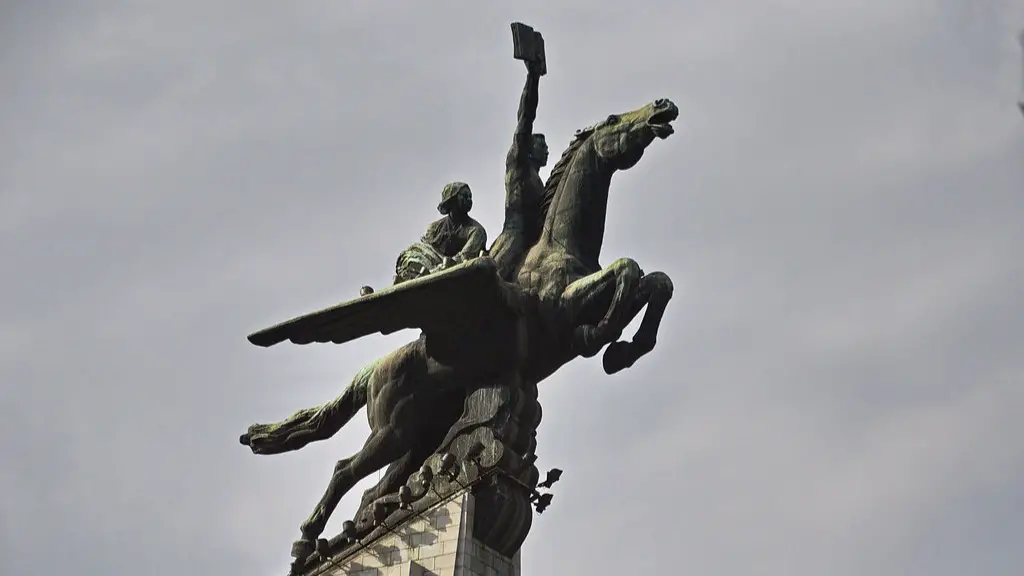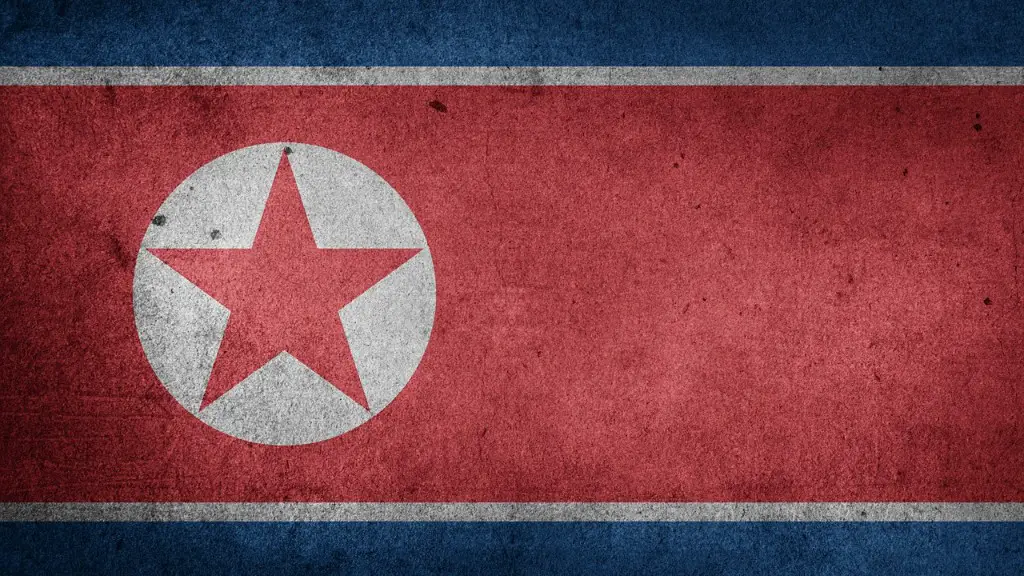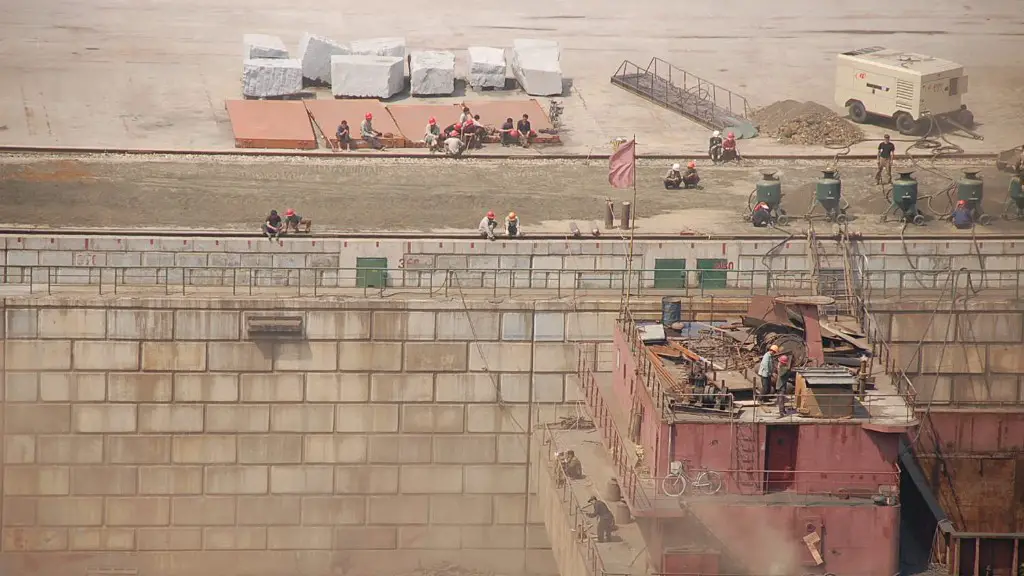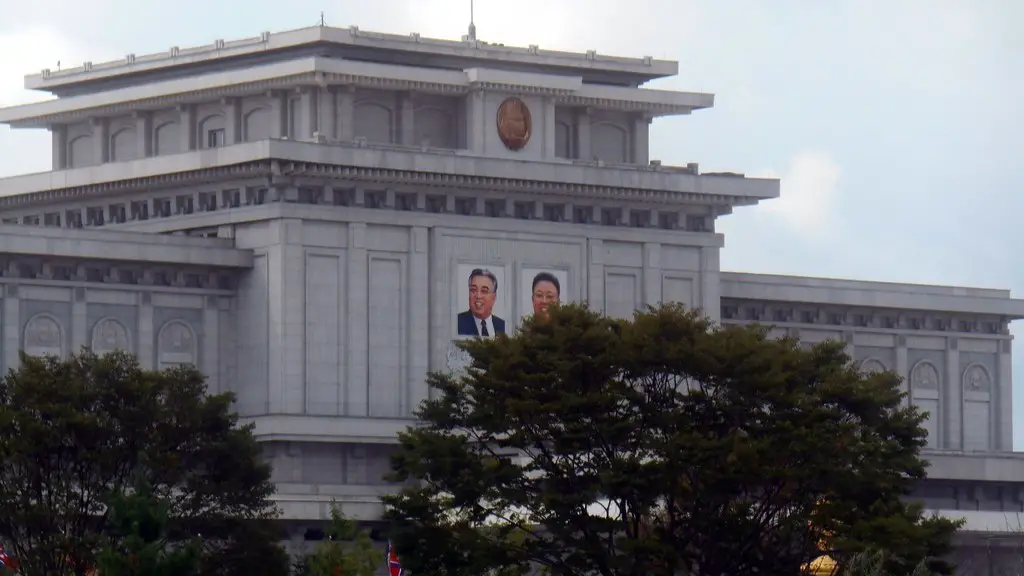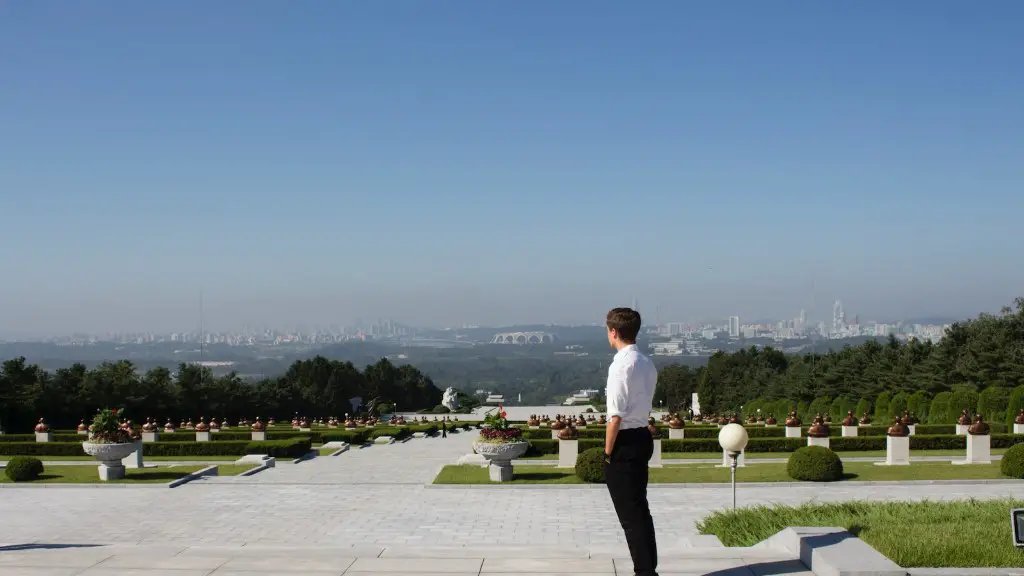North Korea is certainly one of the most secretive countries in the world. Its internal affairs remain mostly hidden from the rest of the world, leaving many to wonder where North Korea ranks among the world’s poverty levels. Some reports suggest that North Korea is one of the poorest countries on Earth.
While the North Korean government maintains strict control over its population, research conducted by Human Rights Watch and the United Nations (UN) has found that the state is facing numerous economic and social problems. In 2017, the UN reported that two-thirds of its population (around 18 million people) were estimated to be below the national poverty line.
A report by the World Food Programme indicates that the extreme poverty is further exacerbated by food insecurity, with an estimated 40% of the population suffering from a severe lack of access to basic necessities. Along with a lack of food, the population is also facing a shortage of medicines and essential medical equipment, putting many at a greater risk of death, ill health, and disease.
Experts studying the North Korean economy have concluded that North Korea’s economy has been on a downward trajectory since 1994, when a large-scale famine hit the country. The country’s economy relies heavily on foreign aid and the export of commodities, including coal and seafood. However, due to strict international sanctions imposed on the country, this trade is increasingly limited.
In addition to its food and economic crises, North Korea is also struggling with its energy supplies. According to the World Bank, North Korea is unable to meet its energy needs, as the government lacks adequate infrastructure and resources to generate and distribute electricity. The lack of energy is also preventing the country from developing its industry and power-hungry technologies, further deepening its economic crisis.
Overall, the data paints a bleak picture of life in North Korea. But on closer analysis, we can gain a better understanding of the underlying issues that have led to this state of poverty. For example, North Korea’s isolation from the rest of the world and use of control tactics have contributed to its economic downfall. Furthermore, the country’s government has been unable to adapt to global economic realities and has stubbornly pursued self-reliant economic policies, with little regard for the population.
It is clear that North Korea is facing a severe crisis, and is one of the poorest countries in the world. To improve its economic situation, the country must open its borders and reform its economy. Doing so will not only help the citizens of North Korea but it will also benefit the international community by unlocking the huge economic potential of this forgotten nation.
Sanctions Imposed on North Korea
The United Nations has imposed sanctions on North Korea since 2006, following a nuclear test conducted by the North Korean government. The sanctions, which include a full trade embargo, are aimed at preventing North Korea from developing its nuclear weapons, domestic officials from traveling abroad, and the import of luxury and entertainment goods.
The sanctions have been a major blow to the North Korean economy, cutting off the country from world markets and reducing its access to resources. According to a study by the International Crisis Group, the sanctions have worsened North Korea’s economic crisis, and have forced it to pursue self-reliant economic policies, with limited regard for its citizens.
Furthermore, the sanctions are also preventing the transfer of much-needed foreign aid and resources into North Korea. This is exacerbating the country’s food and energy crises and exacerbating its economic woes.
Despite the economic hardship caused by the sanctions, North Korea has refused to cooperate with the U.N. on disarmament efforts. This has forced the international community to continue imposing sanctions on North Korea, as a means of applying pressure on the regime.
While the sanctions are aimed at limiting North Korea’s nuclear arsenal, they are also having devastating effects on its economy. Furthermore, the sanctions are creating further social ills for the North Korean population, leaving many to struggle with hunger, disease, and poverty.
North Korea’s Severe Climate
Climate also plays an important role in North Korea’s poverty levels. The country experiences extreme highs and lows in its temperatures throughout the year, with temperatures in the wintertime dropping to below zero degrees celsius.
The extreme cold has led to a number of problems for the country’s population, including food shortages due to crop failure, an increased risk of disease, and difficulty in keeping warm. This, in turn, has caused further economic hardship for the population, as many are forced to turn to expensive sources of energy such as firewood or coal to keep warm.
In addition to this, the extreme weather has also caused significant damage to the country’s infrastructure. This includes crumbling roads, crumbling bridges, power outages and lack of access to drinking water.
These problems are further compounded by the lack of investments in North Korea’s infrastructure. Although some investment has been made, it has been largely focused on military infrastructure, rather than civilian infrastructure,.
Overall, North Korea’s climate is having a devastating effect on its population and the country’s economy as a whole. This has led many to conclude that North Korea is one of the poorest countries in the world.
North Korea’s Political System
The North Korean political system has also contributed to North Korea’s economic woes. The totalitarian government has imposed strict control on its population with regards to travel, trade and the media. This, in turn, has limited the country’s access to foreign markets, and has frozen its development in many ways.
Furthermore, the government has failed to attract much needed investment into the country, due to its lack of transparency, corruption, and lack of economic freedom. This has further hampered the country’s economic growth and has kept it chained to poverty.
To reverse its economic situation, North Korea must rework its political system and open up its borders to foreign investment and trade. Doing so will enable the country to attract more investment, develop its industries, and take part in the world economy.
However, the current state of political unrest and international sanctions have created an environment of uncertainty, which is preventing potential investors from pursuing business ventures in North Korea. Going forward, North Korea must POLITIde away its isolationist policies and open up its economy in order to attract foreign investment, and turn its economic prospects around.
North Korea’s Education System
North Korea also has an extremely poor education system. This has led to one of the lowest literacy levels in the world, with a mere 25-30% of the population able to read and write.
The lack of education is having disastrous effects on the population, as the majority of the population is unable to access the skills and knowledge needed to pursue higher paying jobs. This, in turn, is leading to an increase in the country’s poverty levels.
Furthermore, the North Korean government has been neglecting its educational system. Government investments into the sector are negligible, leaving the country’s education sector crippled. The government has also failed to invest in skills-oriented education, which is further hampering the population’s access to higher quality jobs.
To help combat its high poverty levels and create a more skilled workforce, North Korea must invest in its education system. This includes creating schools, training programs and universities to provide the population with the skills needed to succeed in a modern economy.
Furthermore, North Korea must also invest in vocational training, which will help the population to develop the skills they need to pursue higher-quality jobs and further their economic prospects.
International Aid to North Korea
In addition to its own efforts, North Korea also needs help from the international community to help alleviate its poverty levels. Due to its isolation from the rest of the world, North Korea relies heavily on foreign aid for its survival.
The international community provides North Korea with food, medicine and humanitarian assistance to help its population survive. The World Food Programme and the United Nations have also provided North Korea with aid to help build its infrastructure and provide assistance to those affected by the country’s economic crisis.
However, while the international community has increased its aid to North Korea in recent years, it is still not enough to make a significant difference. This is mainly due to the country’s lack of access to global markets, which limits its ability to attract foreign investment and spur economic growth.
Going forward, the international community must continue providing North Korea with assistance. This includes increasing aid to the country’s infrastructure, as well as providing food assistance to help its population survive.
At the same time, international aid must also be coupled with efforts to reduce sanctions on North Korea and open up its borders to foreign trade and investment. Doing so will help North Korea to start unlocking its economic potential and create a more prosperous future for its citizens.
